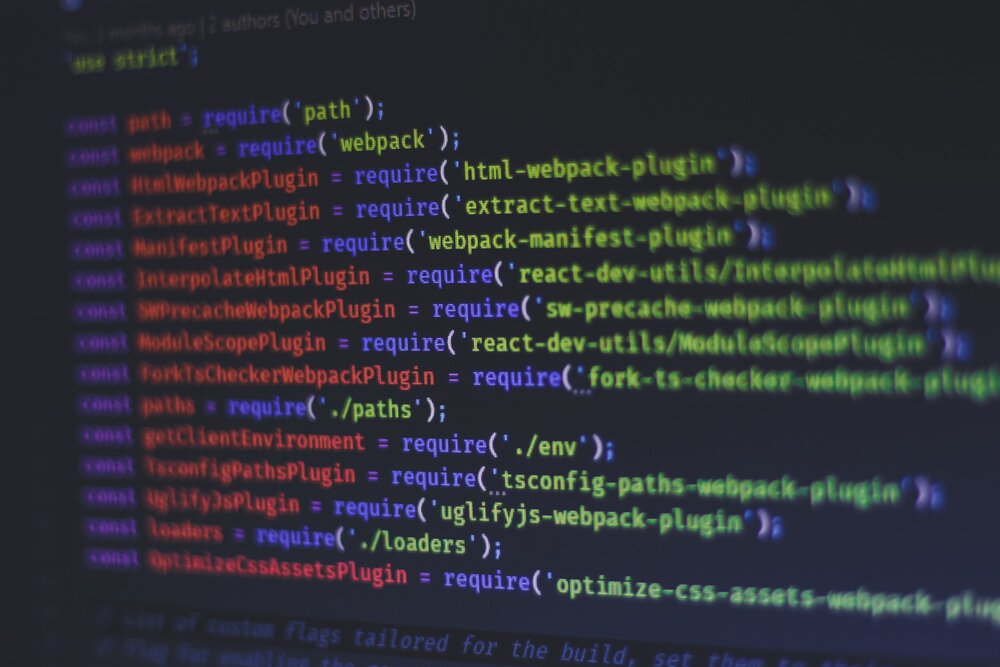JavaScript Programming is a versatile programming language that powers the interactive elements of websites and web applications. If you’re interested in web development, mastering JavaScript is essential. In this article, we will guide you through the first steps of learning JavaScript, equipping you with the knowledge and resources to embark on a successful journey in programming.
Understanding the Basics of JavaScript
JavaScript is a high-level, interpreted programming language that primarily runs in web browsers. It enables dynamic content, interactive features, and enhances the user experience of websites. Before diving into coding, it’s crucial to grasp fundamental concepts such as variables, data types, operators, functions, and control structures. Online tutorials, books, and interactive coding platforms can provide a solid foundation for understanding these concepts.
Setting Up Your Development Environment
To start coding in JavaScript, you need a development environment that includes a code editor and a web browser. Popular code editors like Visual Studio Code, Sublime Text, or Atom provide a robust set of features for writing and managing JavaScript code. You can execute and test your code by opening an HTML file in a web browser or using browser-based developer tools.
Learning Resources for JavaScript
Online Tutorials: Websites like MDN Web Docs, W3Schools, and freeCodeCamp offer comprehensive JavaScript tutorials suitable for beginners. These tutorials provide interactive code examples, explanations of concepts, and hands-on exercises to reinforce your learning.
Books and E-Books: There are numerous books available that cater to different learning styles and skill levels. “Eloquent JavaScript” by Marijn Haverbeke and “JavaScript: The Good Parts” by Douglas Crockford are highly recommended for beginners.
Online Coding Platforms: Platforms like Codecademy, Udemy, and Pluralsight offer structured courses and coding exercises to help you learn JavaScript interactively. These platforms often provide a hands-on learning experience with real-world projects.
Practicing with Small Projects
As you progress in your JavaScript learning journey, it’s important to practice what you’ve learned by working on small projects. Building small applications or implementing specific features, such as form validation or a simple game, will help reinforce your understanding of JavaScript concepts and encourage problem-solving skills.
Leveraging JavaScript Libraries and Frameworks
JavaScript has a vast ecosystem of libraries and frameworks Login Rumah680 that simplify complex tasks and increase productivity. Learning how to work with popular libraries like React, Angular, or Vue.js can boost your ability to develop robust and interactive web applications efficiently. Start with the basics of JavaScript before exploring these libraries to ensure a strong foundation.
Participating in Online Communities
Engaging with the JavaScript community can greatly enhance your learning experience. Join online forums, discussion boards, and social media groups dedicated to JavaScript programming. Platforms like Stack Overflow and Reddit provide opportunities to ask questions, seek guidance, and learn from experienced developers. Contributing to open-source projects can also offer valuable hands-on experiences and help you connect with like-minded developers.
Debugging and Troubleshooting Skills
Debugging is an integral part of the development process. Learning how to identify and fix errors in your JavaScript code is crucial for becoming an efficient programmer. Familiarize yourself with browser developer tools, which provide debugging features such as breakpoints, console logging, and code inspection. These tools will help you understand the flow of your code and identify and resolve issues.
Embracing Continuous Learning
JavaScript is a rapidly evolving language with new features and updates introduced regularly. To stay relevant and up to date, it’s important to embrace continuous learning. Follow influential JavaScript blogs, subscribe to newsletters, and participate in webinars or online courses that cover the latest advancements in JavaScript programming. Continuous learning will enable you to expand your skill set and adapt to industry trends.
Conclusion
Link Alternatif Rumah680 Embarking on the journey to learn JavaScript is an exciting endeavor for aspiring web developers. By understanding the basics, setting up your development environment, utilizing learning resources, practicing with projects.
Engaging with the JavaScript community, honing debugging skills, and embracing continuous learning, you can lay a strong foundation for your JavaScript programming skills. With persistence and dedication, you’ll soon be able to create dynamic and interactive usb experiences using the power of JavaScript.

